Dandruff is a common scalp condition that causes white flakes of dead skin to appear on your hair and shoulders. It is not contagious, but it can be embarrassing and itchy.
The exact cause of dandruff is unknown, but it is thought to be caused by a combination of factors, including:
- Dry skin
- Malassezia, a type of yeast that lives on the scalp
- Overproduction of sebum (oil) by the scalp
- Certain skin conditions, such as eczema and psoriasis
- Stress
- Poor hygiene
There are a number of different ways to treat dandruff, including:
- Using a dandruff shampoo: Dandruff shampoos contain ingredients that can help to remove flakes, reduce itching, and fight the yeast that causes dandruff.
- Using a hair oil: Hair oils can help to moisturize the scalp and reduce inflammation. Some hair oils, such as tea tree oil and coconut oil, also have antifungal properties.
- Making lifestyle changes: Certain lifestyle changes, such as reducing stress and improving hygiene, can also help to reduce dandruff.
Hair oils can be an effective way to treat dandruff because they offer a number of benefits, including:
- Moisturizing the scalp: Hair oils can help to moisturize the scalp, which can reduce dryness and flaking.
- Reducing inflammation: Hair oils have anti-inflammatory properties, which can help to reduce itching and redness.
- Fighting the yeast that causes dandruff: Some hair oils, such as tea tree oil and coconut oil, have antifungal properties, which can help to fight the yeast that causes dandruff.
If you are interested in learning more about how to use hair oils to treat dandruff, I recommend reading the following article: 7 Best Hair Oils for Dandruff: Say Goodbye to Flakes and Itching. This article provides a comprehensive overview of the best hair oils for dandruff, as well as tips on how to use them effectively.
7 Best Hair Oils For Dandruff
Coconut oil
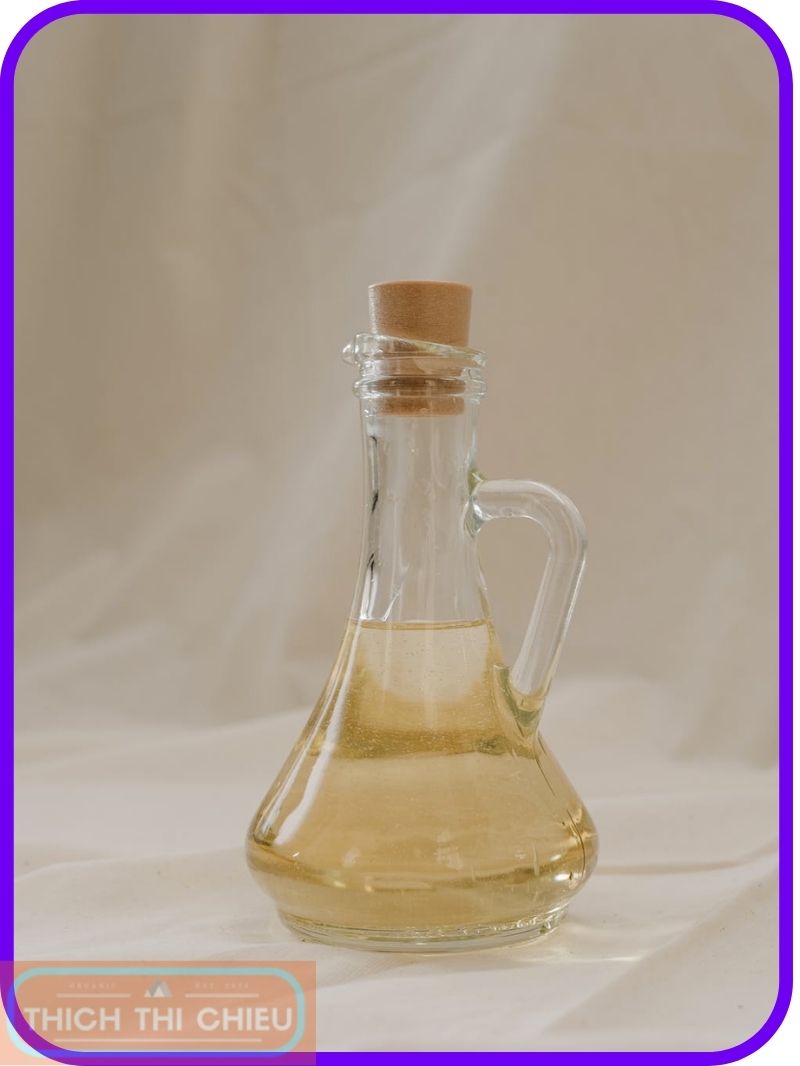
Coconut oil is a popular choice for treating dandruff because of its moisturizing and antifungal properties. It can help to soothe the scalp, reduce flaking, and fight the yeast that causes dandruff.
To use coconut oil for dandruff, massage a warm tablespoon of the oil into your scalp before bed. Leave the oil on overnight and wash it out in the morning with a mild shampoo and conditioner.
Rosemary oil
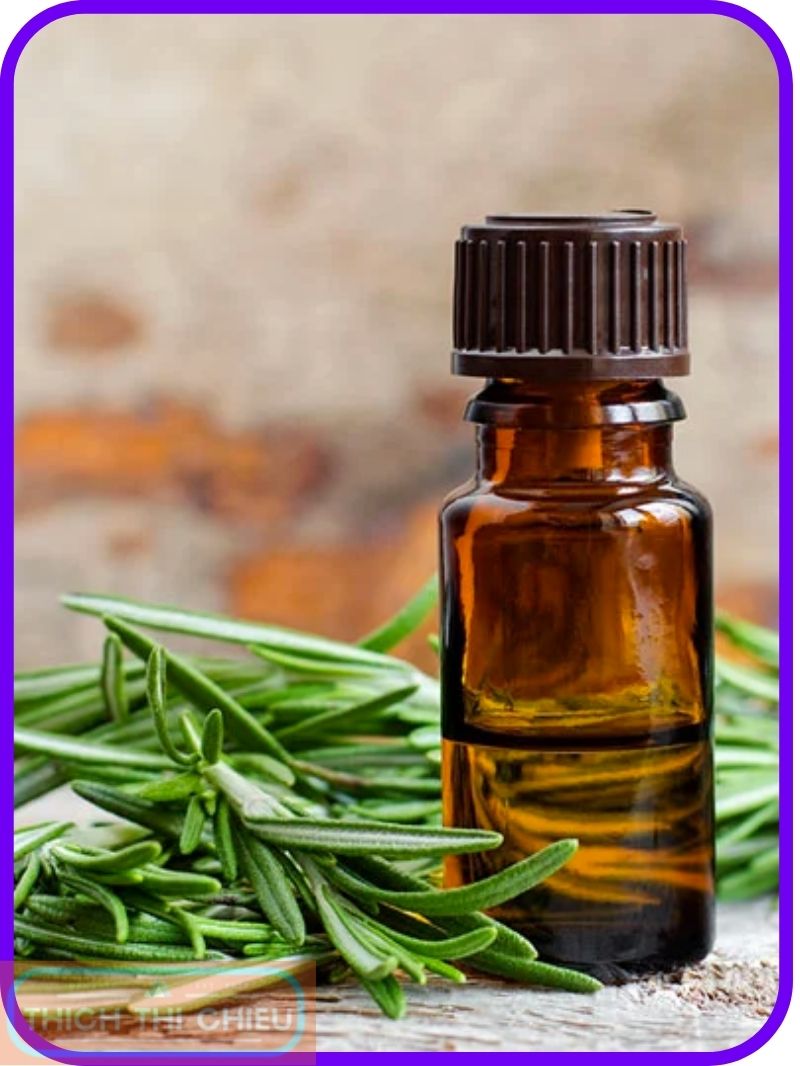
Rosemary oil is another effective hair oil for dandruff. It has anti-inflammatory and antimicrobial properties, which can help to reduce itching and fight the yeast that causes dandruff. Rosemary oil can also help to stimulate hair growth.
To use rosemary oil for dandruff, add 5-10 drops of the oil to your shampoo or conditioner. You can also massage a few drops of rosemary oil into your scalp after showering.
Basil oil
Basil oil has anti-inflammatory and antifungal properties, which can help to reduce itching and fight the yeast that causes dandruff. Basil oil can also help to soothe the scalp and reduce redness.
To use basil oil for dandruff, add 5-10 drops of the oil to your shampoo or conditioner. You can also massage a few drops of basil oil into your scalp after showering.
Tea tree oil
Tea tree oil is one of the most popular essential oils for dandruff. It has powerful antifungal and antimicrobial properties, which can help to kill the yeast that causes dandruff. Tea tree oil can also help to reduce inflammation and itching.
To use tea tree oil for dandruff, add 5-10 drops of the oil to your shampoo or conditioner. You can also massage a few drops of tea tree oil into your scalp after showering.
Lemongrass oil
Lemongrass oil has antifungal and anti-inflammatory properties, which can help to fight the yeast that causes dandruff and reduce inflammation. Lemongrass oil can also help to soothe the scalp and reduce itching.
To use lemongrass oil for dandruff, add 5-10 drops of the oil to your shampoo or conditioner. You can also massage a few drops of lemongrass oil into your scalp after showering.
Argan oil
Argan oil is a rich source of vitamin E and fatty acids, which can help to moisturize the scalp and reduce inflammation. Argan oil can also help to reduce itching and flaking.
To use argan oil for dandruff, massage a few drops of the oil into your scalp after showering. You can also leave the oil on your hair overnight and wash it out in the morning.
Jojoba oil
Jojoba oil is similar to sebum, the oil that your scalp naturally produces. This makes it a good choice for people with dandruff, as it can help to balance the scalp’s oil production. Jojoba oil is also non-comedogenic, so it won’t clog your pores.
To use jojoba oil for dandruff, massage a few drops of the oil into your scalp after showering. You can also leave the oil on your hair overnight and wash it out in the morning.
How to use hair oils for dandruff
Tips for choosing a hair oil
When choosing a hair oil for dandruff, there are a few things to keep in mind:
- Choose a high-quality oil that is organic and cold-pressed. This will help to ensure that the oil is pure and effective.
- Look for oils with anti-inflammatory and antifungal properties. These oils will help to soothe the scalp, reduce itching, and fight the yeast that causes dandruff.
- Avoid oils that are comedogenic. Comedogenic oils can clog pores and worsen dandruff.
How to do a patch test
Before using any new hair oil, it is important to do a patch test to ensure that you are not allergic to it. To do a patch test, follow these steps:
- Apply a small amount of the oil to the inside of your elbow.
- Cover the area with a bandage.
- Leave the bandage on for 24 hours.
- If you experience any redness, itching, or other irritation, wash off the oil immediately and discontinue use.
How to apply hair oil to the scalp
To apply hair oil to the scalp for dandruff, follow these steps:
- Part your hair into sections.
- Apply a few drops of oil to each section of hair.
- Massage the oil into your scalp with your fingertips.
- Focus on applying the oil to the areas of your scalp where you experience the most dandruff.
- Once you have applied the oil to your entire scalp, comb your hair to distribute the oil evenly.
How long to leave hair oil on
It is recommended to leave hair oil on for at least 30 minutes before washing it out with shampoo and conditioner. This will give the oil enough time to penetrate the scalp and soothe the skin. However, you can also leave the oil on overnight for even better results.
How often to use hair oil for dandruff
The frequency with which you use hair oil for dandruff will depend on the severity of your condition. If you have mild dandruff, you may only need to use hair oil once or twice a week. However, if you have severe dandruff, you may need to use hair oil more often.
Here is a suggested routine for using hair oil for dandruff:
- Apply hair oil to your scalp before bed and leave it on overnight.
- Wash your hair in the morning with a mild shampoo and conditioner.
- Repeat this routine every night until your dandruff improves.
Once your dandruff has improved, you can reduce the frequency of your hair oil treatments to once or twice a week.
Please note that it may take a few weeks to see results from using hair oil for dandruff. Be patient and consistent with your use of the oil to get the best results.
Conclusion
Summary of key points
- Dandruff is a common scalp condition that causes white flakes of dead skin to appear on your hair and shoulders. It is not contagious, but it can be embarrassing and itchy.
- Hair oils can be an effective way to treat dandruff because they offer a number of benefits, including moisturizing the scalp, reducing inflammation, and fighting the yeast that causes dandruff.
- The seven best hair oils for dandruff are coconut oil, rosemary oil, basil oil, tea tree oil, lemongrass oil, argan oil, and jojoba oil.
- When choosing a hair oil for dandruff, it is important to choose a high-quality oil that is organic and cold-pressed. It is also important to avoid oils that are comedogenic.
- Before using any new hair oil, it is important to do a patch test to ensure that you are not allergic to it.
- To apply hair oil to the scalp for dandruff, simply massage a few drops of oil into your scalp before bed and leave it on overnight. Wash your hair in the morning with a mild shampoo and conditioner.
- The frequency with which you use hair oil for dandruff will depend on the severity of your condition. If you have mild dandruff, you may only need to use hair oil once or twice a week. However, if you have severe dandruff, you may need to use hair oil more often.
Tips for managing dandruff
In addition to using hair oils, there are a number of other things you can do to manage dandruff, including:
- Wash your hair regularly with a mild shampoo.
- Avoid using harsh shampoos and styling products.
- Use a dandruff shampoo if your regular shampoo is not effective.
- Brush your hair regularly to remove flakes.
- Avoid scratching your scalp, as this can cause inflammation and make dandruff worse.
- Reduce stress, as stress can worsen dandruff.
- Eat a healthy diet that is rich in fruits, vegetables, and whole grains.
By following these tips, you can help to manage dandruff and keep your scalp healthy and flake-free.
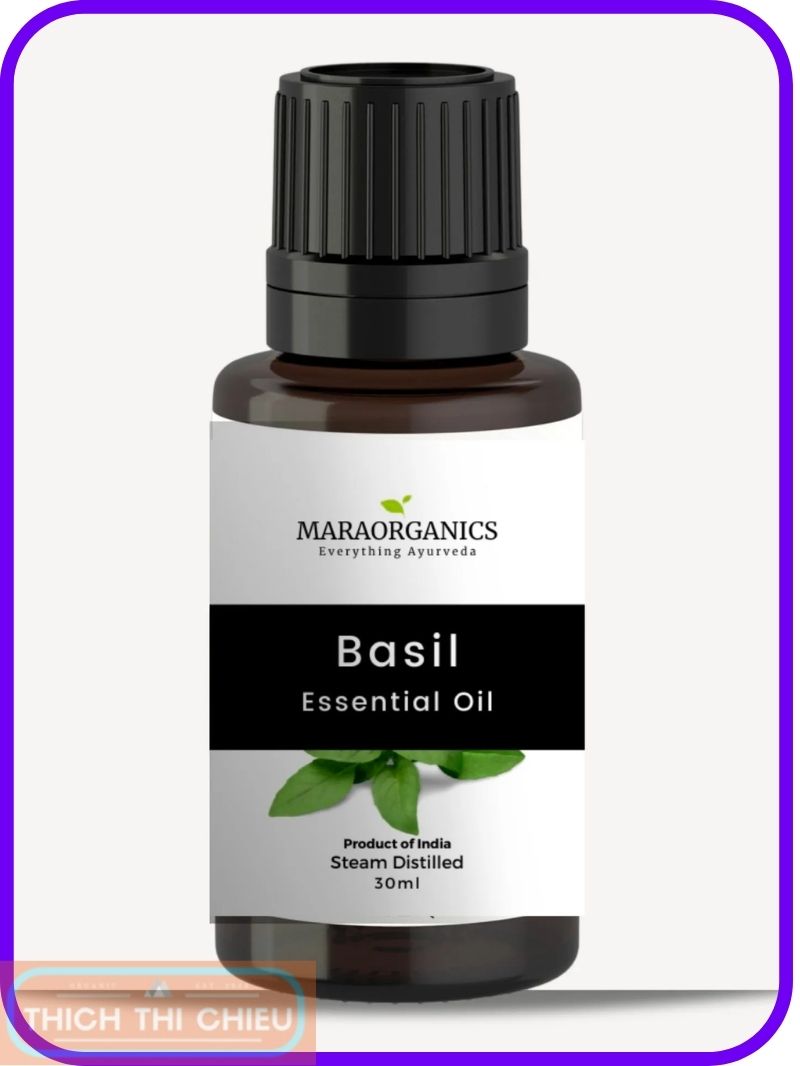
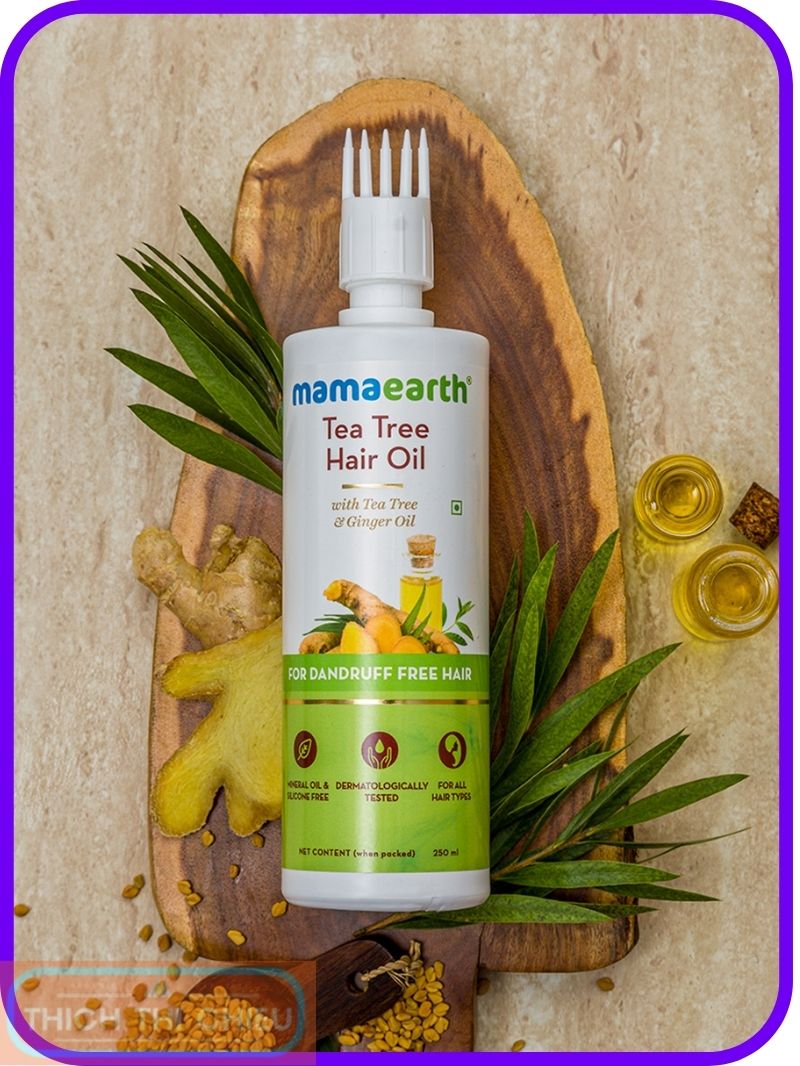
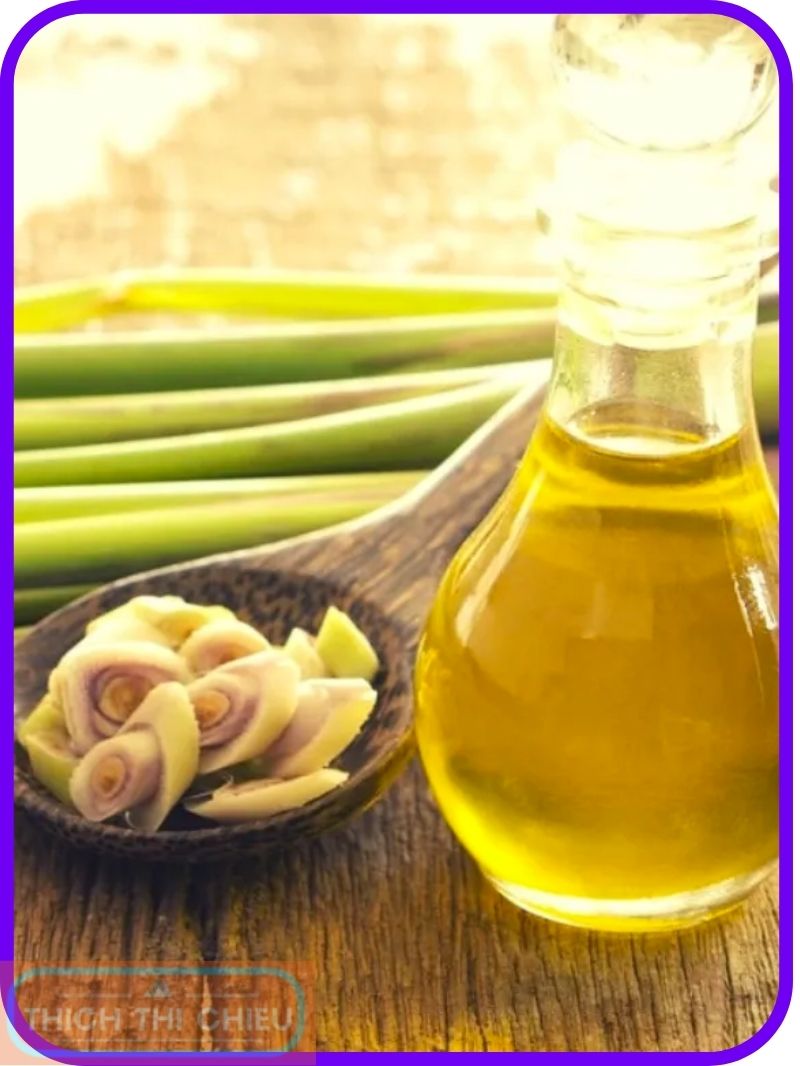
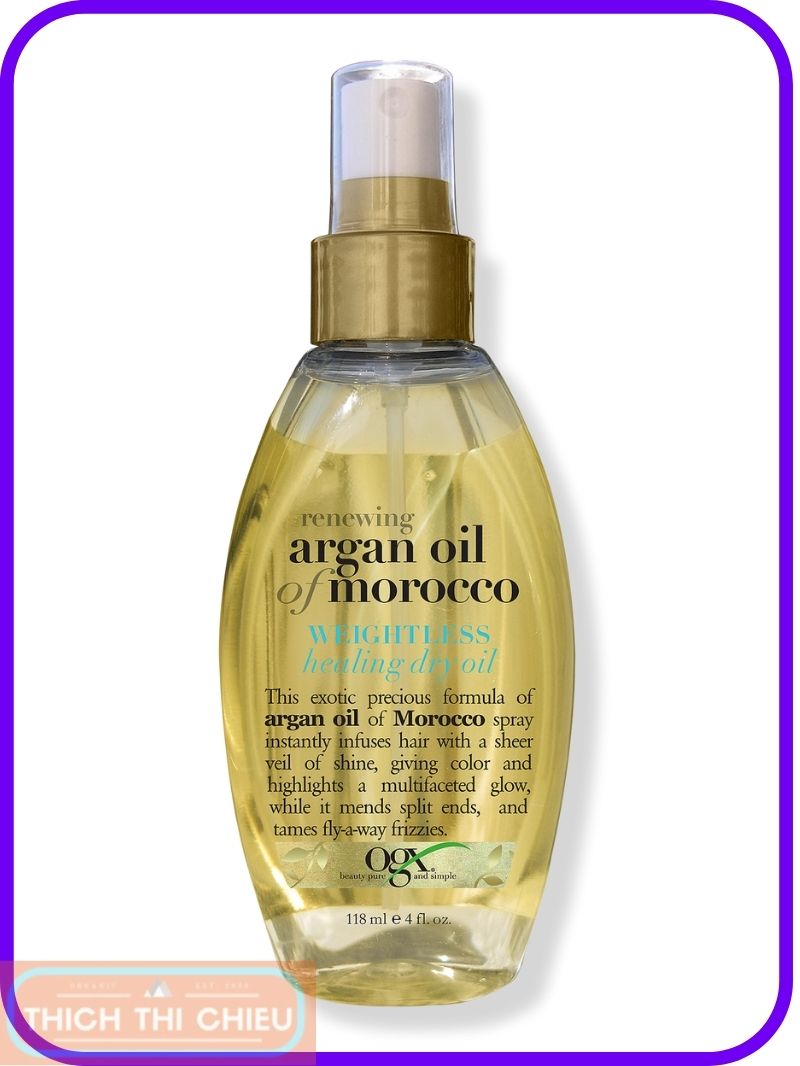
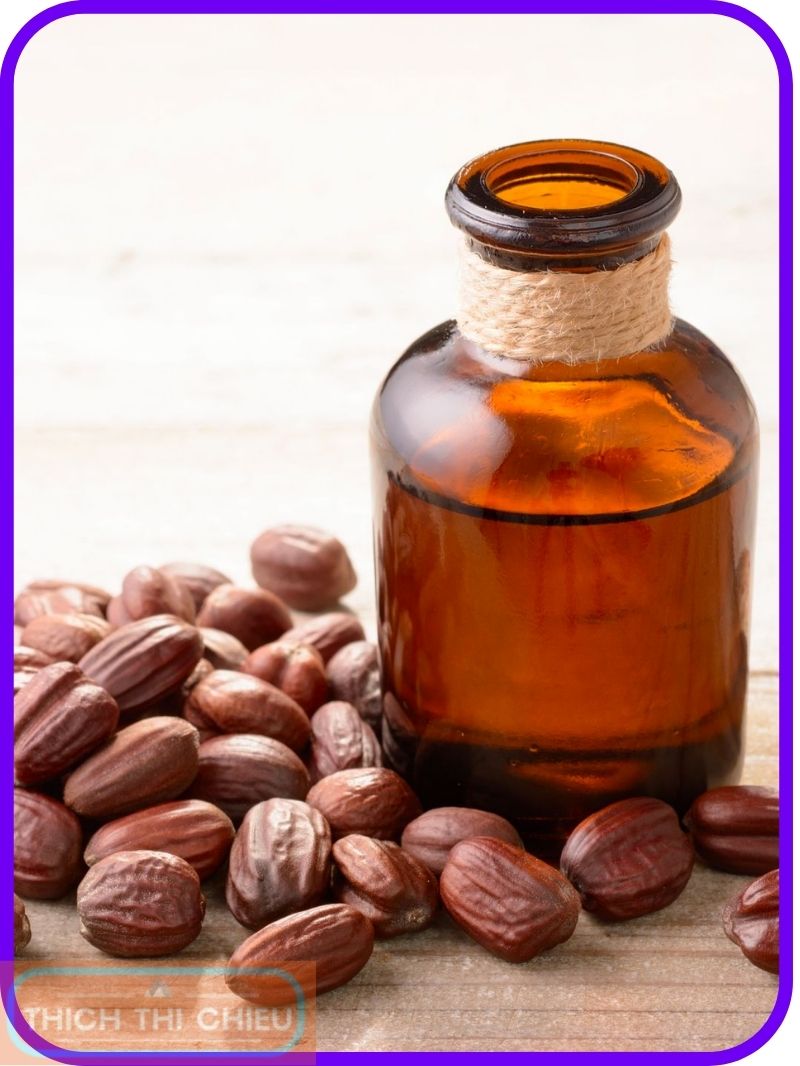



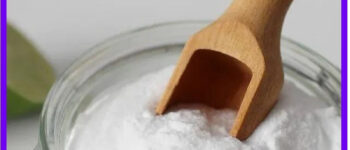

Leave a Reply